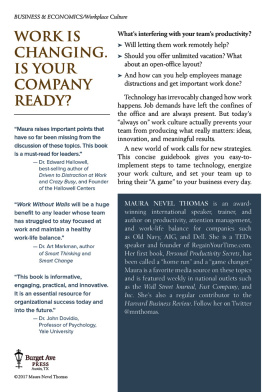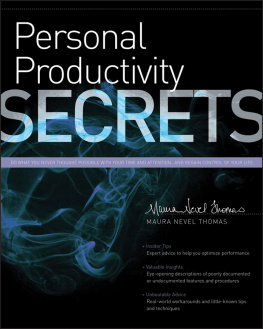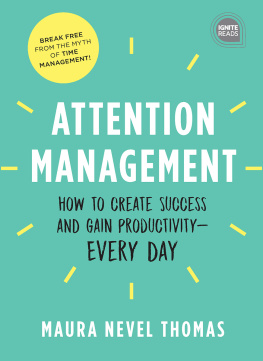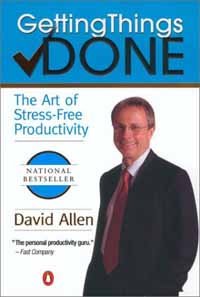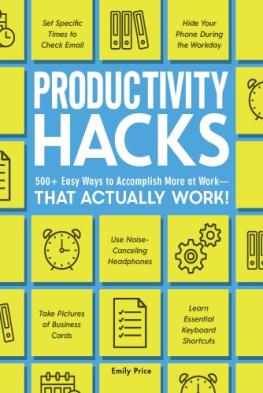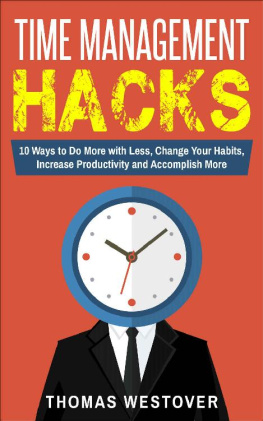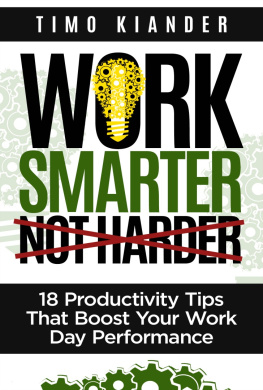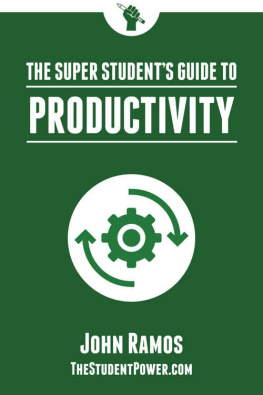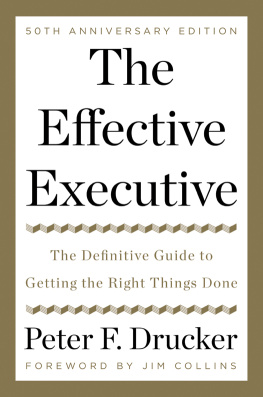Maura Nevel Thomas - Work Without Walls: An Executive’s Guide to Attention Management, Productivity, and the Future of Work
Here you can read online Maura Nevel Thomas - Work Without Walls: An Executive’s Guide to Attention Management, Productivity, and the Future of Work full text of the book (entire story) in english for free. Download pdf and epub, get meaning, cover and reviews about this ebook. year: 2017, publisher: Burget Ave Press, genre: Business. Description of the work, (preface) as well as reviews are available. Best literature library LitArk.com created for fans of good reading and offers a wide selection of genres:
Romance novel
Science fiction
Adventure
Detective
Science
History
Home and family
Prose
Art
Politics
Computer
Non-fiction
Religion
Business
Children
Humor
Choose a favorite category and find really read worthwhile books. Enjoy immersion in the world of imagination, feel the emotions of the characters or learn something new for yourself, make an fascinating discovery.
- Book:Work Without Walls: An Executive’s Guide to Attention Management, Productivity, and the Future of Work
- Author:
- Publisher:Burget Ave Press
- Genre:
- Year:2017
- Rating:5 / 5
- Favourites:Add to favourites
- Your mark:
- 100
- 1
- 2
- 3
- 4
- 5
Work Without Walls: An Executive’s Guide to Attention Management, Productivity, and the Future of Work: summary, description and annotation
We offer to read an annotation, description, summary or preface (depends on what the author of the book "Work Without Walls: An Executive’s Guide to Attention Management, Productivity, and the Future of Work" wrote himself). If you haven't found the necessary information about the book — write in the comments, we will try to find it.
Work Without Walls: An Executive’s Guide to Attention Management, Productivity, and the Future of Work — read online for free the complete book (whole text) full work
Below is the text of the book, divided by pages. System saving the place of the last page read, allows you to conveniently read the book "Work Without Walls: An Executive’s Guide to Attention Management, Productivity, and the Future of Work" online for free, without having to search again every time where you left off. Put a bookmark, and you can go to the page where you finished reading at any time.
Font size:
Interval:
Bookmark:
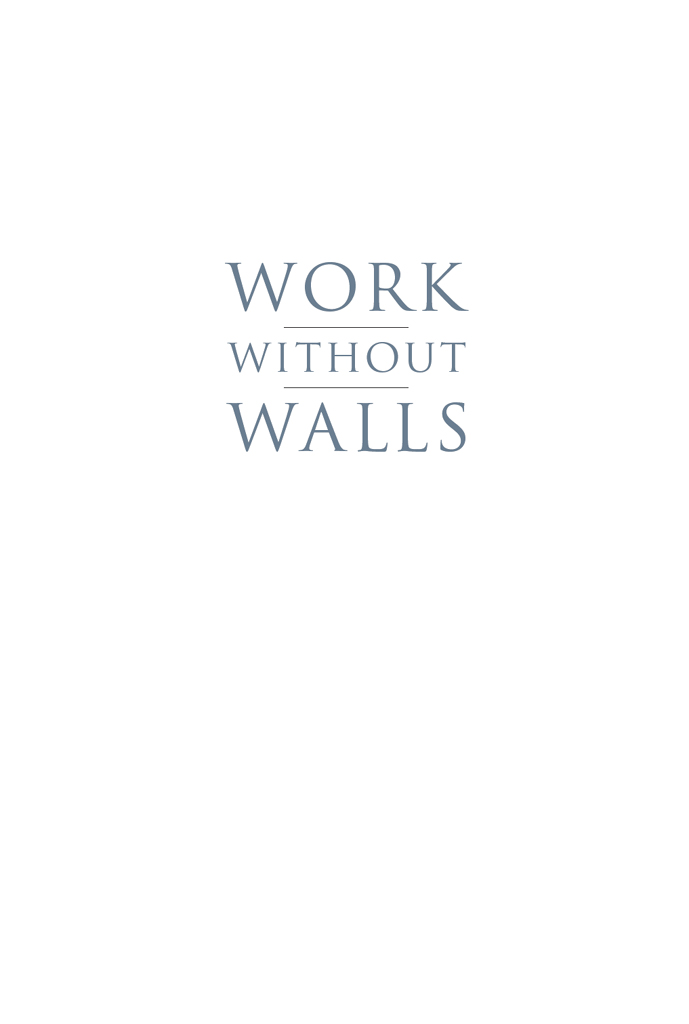
Also by Maura Nevel Thomas
Personal Productivity Secrets: Do What You Never Thought Possible with Your Time and Attentionand Regain Control of Your Life!

2017 Maura Nevel Thomas
ALL RIGHTS RESERVED. No part of this publication may be reproduced, stored in a retrieval system, or transmitted in any form or by any means electronic, mechanical, photocopying, recording or otherwise, without the prior written permission of the publisher.
Published by
Burget Ave Press
Austin, TX
Publishers Cataloging-in-Publication Data
Thomas, Maura Nevel.
Work without walls : an executives guide to attention management, productivity, and the future of work / Maura Nevel Thomas. - Austin, TX : Burget Ave Press, 2017.
p. ; cm.
ISBN13: 978-0-9980095-1-3
1. Industrial management. 2. Industrial productivity. 3. Success in business.
I. Title.
HD31.2.T46 2017
658dc23 2016955264
FIRST EDITION
Project coordination by Jenkins Group, Inc.
www.jenkinsgroupinc.com
Cover design: Elizabeth Sheehan
Front cover photograph: Shawn P. Thomas, Fine Art Photographer,
Infinite View Images, www.infiniteviewimages.com
Interior design: Yvonne Fetig Roehler
Interior infographics: Stephanie Johnson
21 20 19 18 17 5 4 3 2 1
This book is dedicated to the CEOs and leaders with whom Ive worked throughout the life of my business, and specifically in my speaking for Vistage International. I appreciate the Chairs who have invited me into their groups, and the staff at Vistage headquarters who coordinate the engagements. These clients have been invaluable to me in shaping and refining the contents of this book.
It is also dedicated to my husband, Shawn, whose endless support, patience, love, and partnership make every part of my life easier and more enjoyable.
C ORPORATE America has been experiencing a shift. In some ways it seems like the business environment is changing quickly, but in reality this shift has been gradual. In fact, Peter Drucker, widely recognized as the founder of modern management, predicted this shift as early as the 1950s, but the realization of his predictions has taken decades to manifest. The shift is both endlessly discussed and almost completely ignored. The shift to which Im referring is the shift from industrial work to knowledge work.
In the Industrial Age, work happened within the walls of a factory. Today, knowledge work is the product of our brains. Increasingly, that work has left the confines of an office. Companies have moved to cubicle environments and open floor plans. Often the work is done outside the company walls entirely because technology advancements allow knowledge workers to do their work anywhere, at any time. Traditional work relationships are changing, with freelance and contract workers making up over 40 percent of the workforce, and more work happening outside the office than ever before. In addition to the loss of so many physical walls, the metaphorical walls between work time and personal timeand between work spaces and personal spacesare crumbling.
While technologists have been capitalizing on this shift for years, individuals are struggling to adapt their lives at work, and corporations are struggling to adapt their policies and practices, to this shift. The phrase I use to sum up the issues and challenges inherent in this shift to knowledge work is Work Without Walls. While the phrase knowledge work is common vernacular, the implications for workers and the impact on company culture is a problem vexing companies of all sizes throughout the United States.
Knowledge work, for the purposes of this book, is defined as work for which thinking is the raw material. The products of knowledge work are communications, information, and complex decisions. In technology development, much thought has been given to automating processes and imposing structure to create more efficiency in knowledge work, and larger companies are slowly beginning to exhibit some changes, making news for their nonconformity. However, little attention has been given in smaller companies to adapt to this monumental change, or to help individuals navigate the new realities of work, the new tools available to them, and the increasingly blurred lines between business and personal and work and downtime.
Although institutional productivity is important, the worker as a human being is a critical piece of the equation. If thinking is a raw material of knowledge work, then the biases in which that thinking is framed are relevant. These biases are formed by how individual knowledge workers feel about their tasks and their jobs overall and by how well the tool they use to produce the thinkingtheir brainis performing. These two things mean that the workers personal well-being should be attended to. In fact, studies show that a key skill among high-performing executives is the ability to cultivate successful relationships, where leaders are seen as genuinely caring about the well-being of their colleagues.
However, there is a particular kind of company that seems to operate with the assumption that workers are disposable and a grueling work environment where people regularly cry at their desks are requirements to stay competitive and increase profits. If this is the type of company youre running, then this bookwhich is based on the belief that healthy, happy, and productive employees are better for individuals, companies, and society at largeis not for you.
There is an argument to be made that there are different types of knowledge work, and I would agree. For example, there is knowledge work for which the primary outputs are specifically the product of thinking. Writers, designers, and other creative types; senior executives in charge of ideas and strategy; and software developers are some examples of this type of knowledge worker. A broader definition of knowledge work includes more task-oriented positions, such as administrative staff. These roles still have more in common with knowledge work than manufacturing or other industrial work, so when I refer to knowledge workers, I'm including office workers in general.
There are many symptoms and challenges inherent in this shift, including:
- The unique needs of knowledge work with regard to optimal functioning of our brains, such as downtime, nutrition, and overall well-being, and the attitudes and perspectives of the workers.
- The increasing importance of attention, simultaneous with the rise of endless distractions.
- The proliferation of communication and the nature of urgency that surrounds it.
- The growing importance of downtime.
- The office environment, such as open offices, privacy, noise, and collaboration.
- The rise of work outside offices, raising issues related to both the logistics of telecommuting and the expansion of work hours.
- Quantification and measurement of knowledge work.
- Corporate culture as it relates to the support or the detriment of all of these issues.
Because we are still in the midst of the shift and dont yet have the benefit of hindsight, there is still much contradictory information. Pick up one business magazine and youll read that telecommuting is the wave of the future. But then youll see another article that argues that telecommuting is terrible for workers. Open-office floor plans have been both lauded as the silver bullet for optimal knowledge work (innovation) and derided as the worst business concept in decades. The issues are confusing, and without an understanding of each of the challenges identified in the preceding list, leaders are at risk of leaving to chance corporate culture, employee engagement, and ultimately, productivity.
Font size:
Interval:
Bookmark:
Similar books «Work Without Walls: An Executive’s Guide to Attention Management, Productivity, and the Future of Work»
Look at similar books to Work Without Walls: An Executive’s Guide to Attention Management, Productivity, and the Future of Work. We have selected literature similar in name and meaning in the hope of providing readers with more options to find new, interesting, not yet read works.
Discussion, reviews of the book Work Without Walls: An Executive’s Guide to Attention Management, Productivity, and the Future of Work and just readers' own opinions. Leave your comments, write what you think about the work, its meaning or the main characters. Specify what exactly you liked and what you didn't like, and why you think so.

